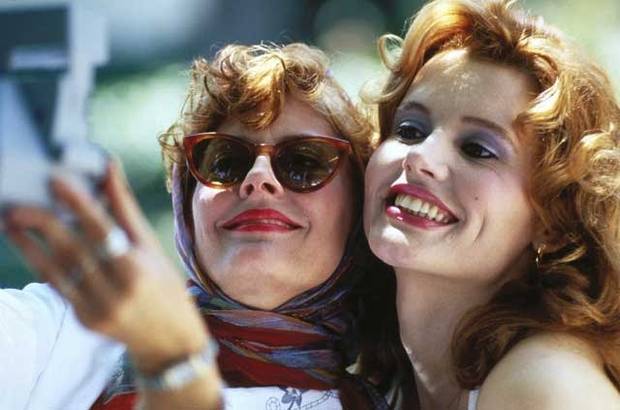By Michelle Manchir
Chicago Tribune.
I’d just started my first internship at a small newspaper in Indiana when one of the more senior reporters took me to the county sheriff’s office to introduce me around and walk me through the process of collecting blotter items.
A law enforcement official shook my hand, looked at me and proclaimed to my colleague: “She ain’t ugly!”
In an instant he had both embarrassed me (and my co-worker) and reduced me to how I looked.
But more than that, the comment showed me that, even in the United States, even now, we are not living in a post-feminist society.
That’s why I’m disappointed to keep reading about female celebrities who, when asked, decline to call themselves feminists. Most recently, it was Shailene Woodley, star of the movie “Divergent.”
When Time magazine asked her this month whether she calls herself a feminist, in light of her previous statements on empowering messages for women in films, she said no.
“No, because I love men,” she told the magazine, “and I think the idea of ‘raise women to power, take the men away from the power’ is never going to work out because you need balance.”
The quote goes on, but her point is made.
Then I read a Facebook comment about the interview from Jennifer Maher, a senior lecturer of gender studies at Indiana University and my former teacher. It summed up how Woodley’s comments made me feel.
“OK, so women should have the right to vote and maybe should make a fair wage and not get raped with impunity. … BUT NO I (AM) NOT A FEMINIST!!!! I HAVE LONG PRETTY HAIR AND A BOYFRIEND!!!!”
I followed up with Maher by phone to talk about what it means that young women like Woodley, and other stars like Kelly Clarkson and Taylor Swift, have publicly declined the feminist label.
For one thing, she said, to disregard feminism is to dishonor the hard work done in its name. If you’re a woman who has ever set foot in a voting booth, played a sport in school, needed sexual harassment laws, opened a credit card in your own name or appreciated the fact that it’s a crime for someone you marry to rape you, then you’ve benefited from the hard work done by feminists in the last 100 years.
Feminism, after all, isn’t about hating men or taking “the men away from the power,” like Woodley said. It’s about not discriminating against people because of their gender or sex.
It’s about thinking about gender as a concept and asking questions about what it means to be feminine or masculine, Maher said.
It’s not necessarily about being an activist; it’s about being interested in gender equality.
But popular culture and the “Rush Limbaugh-ization” of feminism has turned it into a scary, unapproachable thing that a nice, mainstream celebrity who likes boys wouldn’t necessarily want to align herself with, Maher said.
Sexism can take many forms. There are what Maher called the “microannoyances,” like the tacky remark from the sheriff’s department official. Or when a friend of mine started an internship at Popular Mechanics magazine only to be asked by an acquaintance, “Why would a cute blond be interested in technology?”
Then there are the bigger ones, like lack of access to reproductive choice, wage gaps, underreported sex crimes on college campuses and so on, Maher said.
But they’re all compelling arguments for being pro-feminism.
Still, I don’t want to bash Woodley or other stars who have been faced with the feminism question. The larger issue, in my view, is that we even ask these young celebrities to take a stance on it.
Young male celebrities aren’t being asked to regularly opine on provocative social issues. Why make women the target of criticism by asking the pointed question? Just being asked often means a public bashing for the celebrities, regardless of what they say.
Better for all of us would be a more widespread, thoughtful public dialogue about gender and sexism. That surely could’ve improved my introduction to the county sheriff’s department years ago.
Luckily, that wasn’t the first time I had dealt with a sexist remark.
And like all the women I know would do — even those who disregard the feminist label — I moved on and got back to work.














































































































































































































































































































































































